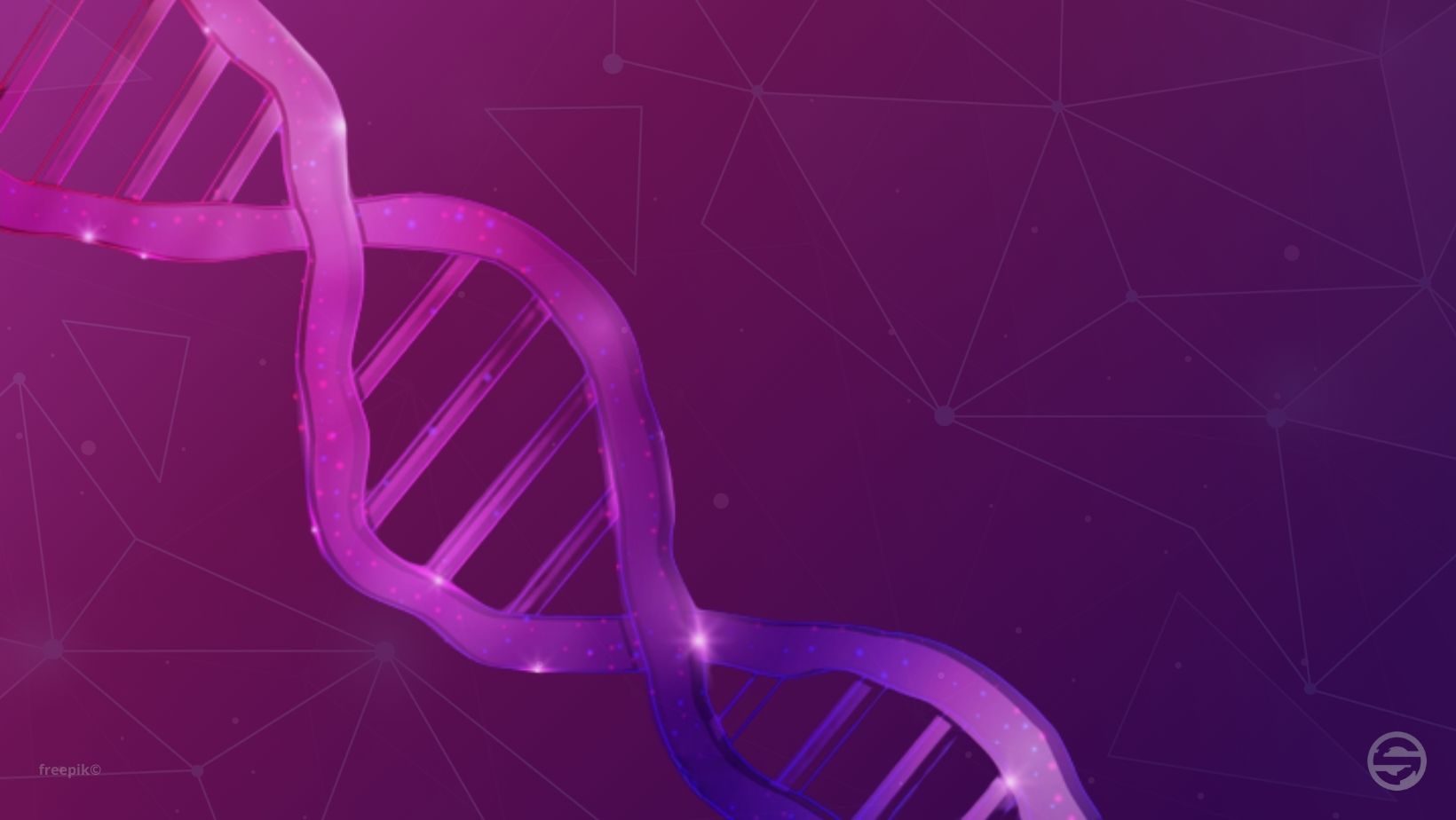
Table of contents
Authentication of search data
Blockchain offers a reliable means of authenticating and certifying scientific research data. It creates unforgeable records, meaning that research results recorded on the blockchain are immutable and cannot be altered. This strengthens the credibility of scientific studies by guaranteeing data integrity.
Reduce errors and misrepresentations
By enabling data to be easily shared and verified, blockchain helps reduce errors and misrepresentation in scientific research. Researchers can have confidence in the accuracy of data recorded on blockchain, which improves the quality of research.
Transparent information sharing
Blockchain promotes transparency by enabling all stakeholders in the scientific field to access recorded research data. This creates a more open environment where results can be transparently verified and reviewed.
Secure data storage
Thanks to blockchain, researchers can store their data in a secure, forgery-proof way. Each transaction is recorded in a block, linked to the previous one, thus forming a chain. This guarantees data integrity, which is essential in the scientific field.
Improving the peer-review process
Blockchain has also improved the peer-review process. By securing submitted study data, it increases confidence in peer review. Editors can verify the authenticity of data, reinforcing the integrity of scientific journals.
Facilitating international collaboration
The decentralized nature of blockchain facilitates international collaboration. Researchers can work together without fear of data loss or manipulation. This paves the way for faster, more reliable scientific discoveries.
Conclusion
Blockchain has the potential to play an undeniable role in the advancement of science. However, this evolution also comes with many challenges: the costs associated with setting up a blockchain infrastructure, familiarization with this new technology, limitations in terms of scalability, and the need for constant vigilance against malicious attacks, among others. Despite these challenges, blockchain remains a powerful tool with the potential to transform the way scientific research is conducted. Ultimately, blockchain technology offers an innovative way to authenticate, certify and make transparent the results of scientific research, thereby enhancing the credibility of scientific studies. It also enables data to be stored and shared transparently, and improves international collaboration.

- Sources :
- https://www.nanowerk.com/spotlight/spotid=62136.php, consulted on 09-10-23
- https://www.senat.fr/rap/r17-584/r17-584_mono.html, consulted on 09-10-23



 Blockchain, Web3
Blockchain, Web3 2023-10-09
2023-10-09
